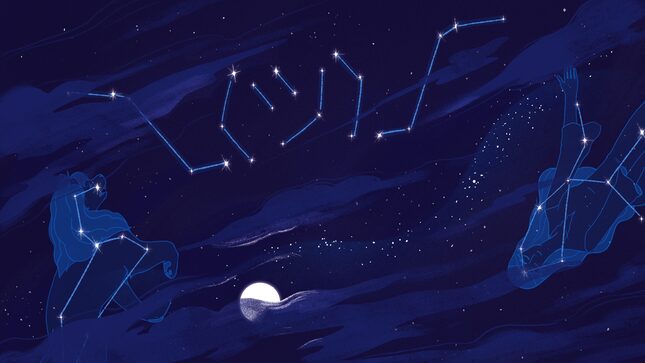

The first time I visited Magic Jewelry to have my aura read, I told myself I was doing it as a joke. The tiny store in Chinatown is impressively hard to find, practically blending into the background on the busy corner of Canal Street and Centre, its one identifying marker a burning green neon sign humming its name. Inside the small, cluttered storefront, a friend and I took turns sitting in a chair. We placed our hands on metal plates and waited for our photographs to develop.
I was bathed in an orange mist, with a spot of green opening up around my chest. According to the woman behind the counter, the colors meant that I was focused on my success at work. I wasn’t sure if my reading was accurate, but it made me reconsider events that had just taken place at work in a new light. I decided that this was the kind of thing that would be fun to do maybe once every six months—I laughed as a told this to my friend, an attempt to assure her that I wasn’t serious. But I was.
I went back every six months like clockwork, in search of some kind of sign. I never bothered to ask myself exactly what kind of sign I was looking for, a tacit acknowledgment that I was lost.
-

-

-

-

-

-

-

-

-

-

-

-

-

-

-

-

-

-

-

-

-

-

-

-

-

-

-

-

-

-

-

-

-

-

-

-

-

-

-

-








































